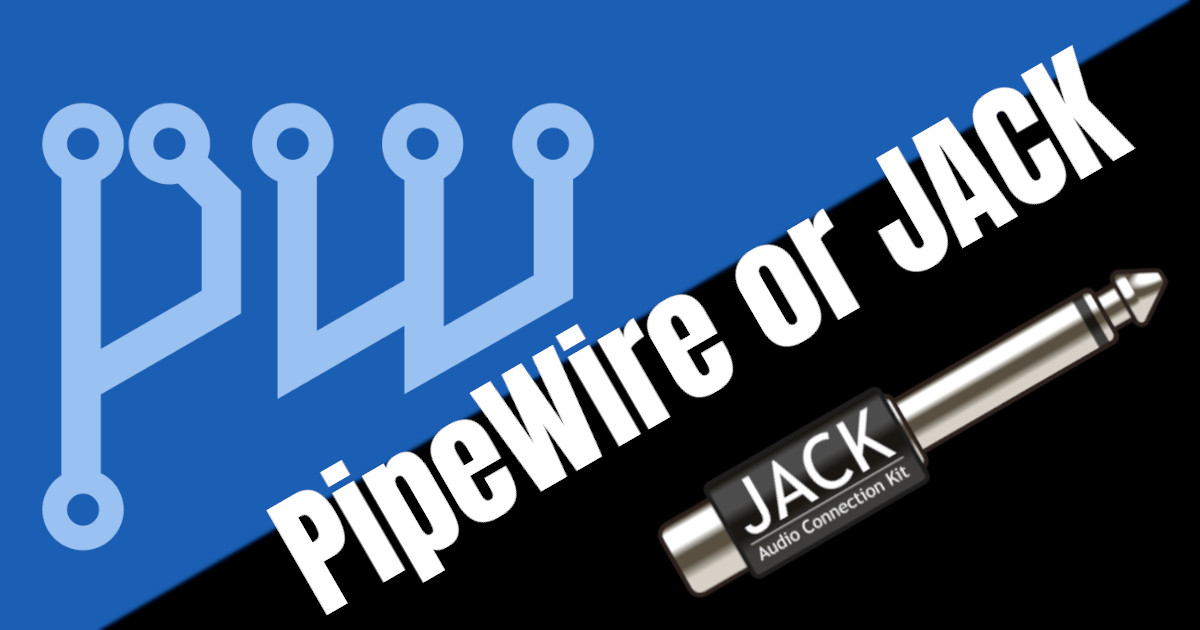Audio
Matchering 2.0 Online Mastering Free at LinuxCreative
Don’t pay for online mastering! Master your tracks for free using Matchering 2.0 online. Improve your music production and nail the mix with this no-cost tool.
How to Use Matchering 2.0
There are plenty of options to use Matchering 2.0 outside of the steps I detail in my video below. Here are 3 alternative options to setting up Docker from easy to involved.
- Scroll down this page and give my self-hosted container a try. (If this doesn’t work, I’m sorry but I can’t offer tech support.)
- Install UVR5 and use Matchering directly on your desktop. Process Method → Audio Tools; Audio Tool → Matchering
- Install Matchering CLI. This option gives you more control over the processing and output of the algorithm, so I recommend it for those who are tech savvy and comfortable setting up a Python development environment.
If after looking at this list, you’d still like to learn a bit more about Docker containers, check out this video. Not only do I go over how you can spin up a Matchering 2.0 Docker container, but I discuss the ways in which I use this tool to enhance my mixes and master chains track-by-track, or for a cohesive full-length release.
PipeWire: The Next Big Thing in Linux Audio Production?

As Linux distributions are increasingly shipping with PipeWire, an alternative to the long-standing JACK Audio Connection Kit, many audio producers wonder whether it’s time to switch. PipeWire claims to be a drop-in replacement for JACK, PulseAudio, ALSA, and GStreamer, promising to simplify audio routing and device control. This could significantly lower the entry barriers for newcomers to Linux-based audio production. But is PipeWire really ready for your studio? I pushed both PipeWire and JACK to their limits on my studio computer to answer this question for myself.
